 |
 |
 |
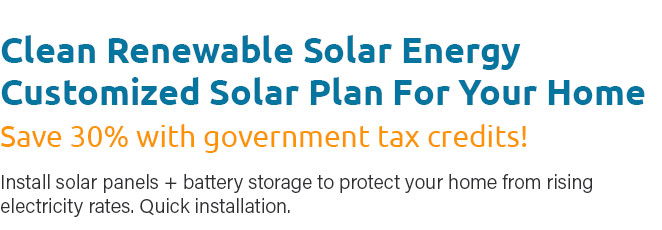 |
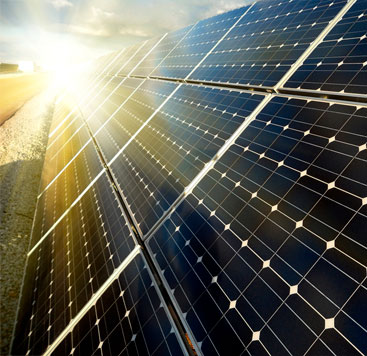 |
 |
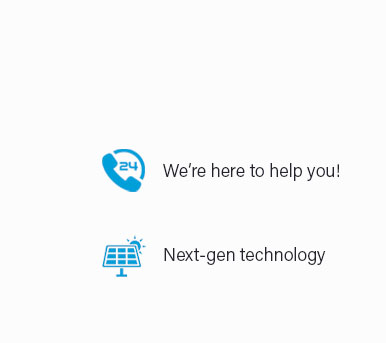 |
 |
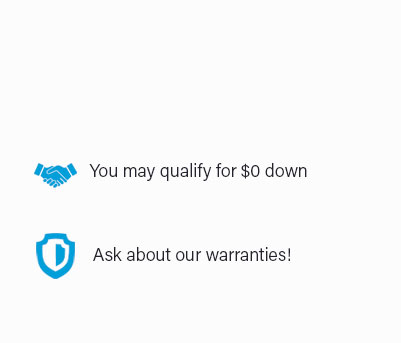 |
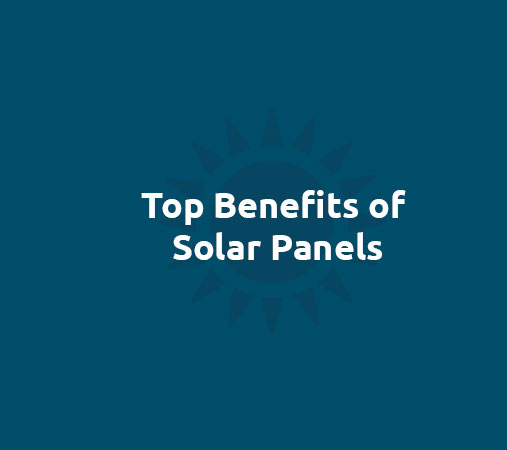 |
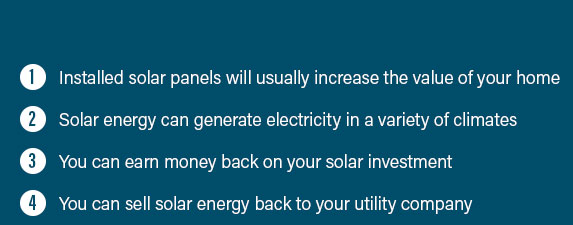 |
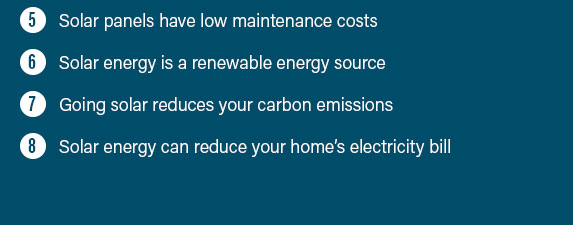 |
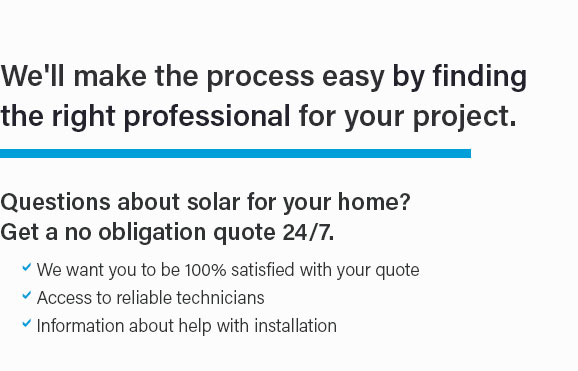 |
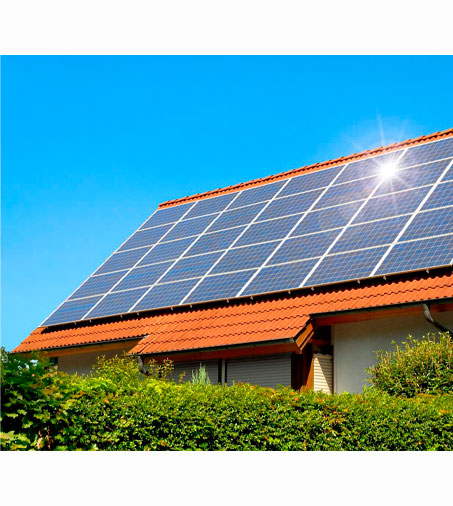 |
|
 |
 |
 |
How Much is a Solar System for a House: Quick Facts and InsightsInvesting in a solar system for your home can be a significant financial decision. Understanding the costs involved, potential savings, and the factors influencing these can help make this decision easier. Average Costs of a Home Solar SystemThe cost of a residential solar system can vary significantly depending on several factors. On average, you might expect to pay between $15,000 to $25,000 for a complete solar panel setup, including installation. However, prices can fluctuate based on your location, the size of the system, and the type of equipment used. Factors Affecting Solar System Costs
Installation ConsiderationsWhen planning a solar installation, working with a reputable installer is crucial. For example, if you're in the Kent area, consider checking out solar panel installation Kent for reliable service. Potential Savings and BenefitsInstalling a solar system can offer substantial savings on your electricity bills over time. Homeowners can also benefit from federal and state incentives, which can significantly reduce the initial costs. Additionally, solar systems increase home value and contribute to a greener environment. Calculating Your Savings
For a comprehensive understanding, consider exploring resources on panel solar installation. Frequently Asked QuestionsHow long does it take for a solar system to pay for itself?The payback period for a solar system usually ranges from 6 to 10 years, depending on electricity costs, system size, and available incentives. Are there any maintenance costs associated with solar systems?Solar systems require minimal maintenance. Most costs are associated with occasional cleaning and inverter replacement after about 10-15 years. Do solar panels work during cloudy days?Yes, solar panels can still generate electricity on cloudy days, though at reduced efficiency. Modern panels are designed to capture various light spectrums. https://www.solar.com/learn/solar-panel-cost/
But how much do solar panels cost for a 1,500-square-foot home? The average system cost only drops by $1,000 and the cost per square foot increases to $12.83. https://www.consumeraffairs.com/solar-energy/how-much-do-solar-panels-cost.html
A small residential solar panel system costs around $14,210 before considering any financial incentives. ... Most solar energy companies offer ... https://www.quora.com/How-much-will-it-cost-to-install-solar-panels-on-my-home
The cost to install solar panels on a home ranges from $15000 to $25000 for a typical 6-8 kW system in the U.S. After the 30% federal tax ...
|